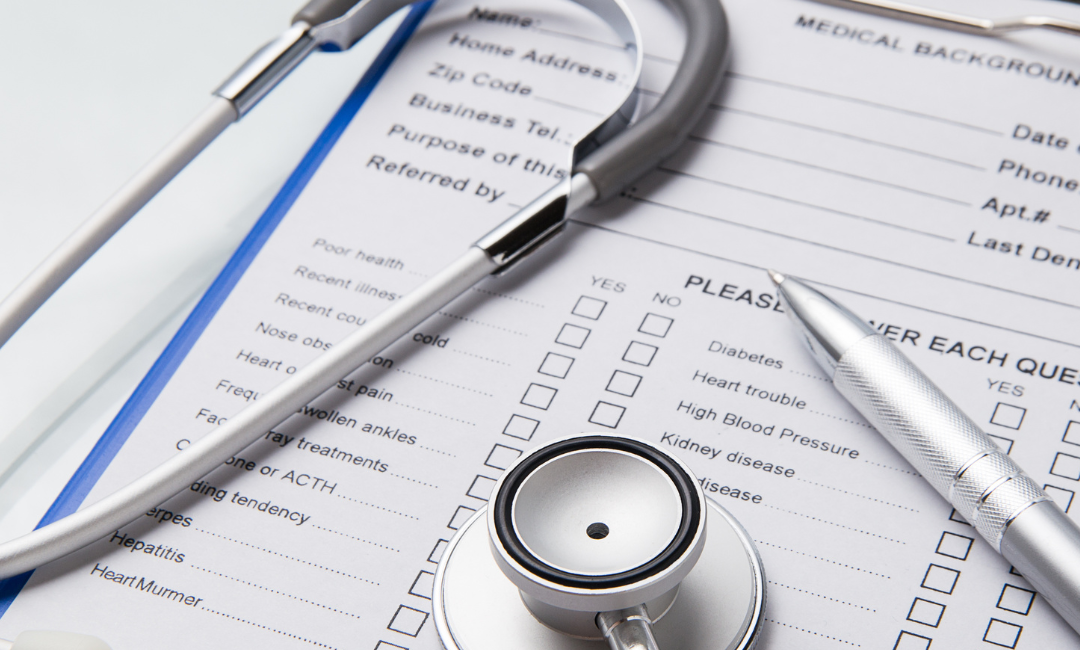There was a time when translations were mostly carried out for simple purposes.
That era is long gone.
The development of technology, the ability to quickly transfer information between countries, and the interaction of people in different places have now made translations more necessary than ever in a variety of different fields.
There are cases today where translations can be a matter of life and death. One such example is medical translations.
In particular, the demand for accurate medical translations has never been stronger as the global health sector continues to grow and diversify.
The consequences of inaccurate medical translations can be serious and even fatal, whether they refer to translating medical data, consent forms, or usage instructions.
The importance of 100% accuracy in Medical Translations
There are numerous reasons why absolute accuracy in medical translations is crucial.
The number one priority is for medical translations to ensure that patients are properly diagnosed and treated. Misdiagnosis can have devastating implications for patients as a result of incorrect translations.
A wrong prescription or a patient not being referred for additional testing, for example, might have potentially lethal consequences if a symptom was mistakenly identified as “headache” rather than “chest pain.”
Additionally, each patient has a unique medical history. That history is usually registered in the medical system of the country in which he or she permanently lives.
But what if a medical issue arises in a foreign country? In such a case, it is considered necessary for any doctor who meets a patient for the first time to know the patient’s medical history, the medications he may be taking, allergies, etc. Things become even more serious if it is deemed necessary for a patient to undergo surgery.
The precise and thorough translation of the patient’s medical documents will complete the necessary briefing and enable a doctor to obtain the patient’s full medical condition, before proceeding with the appropriate decisions and actions.


How to ensure the quality and accuracy of a Medical Translation
As we mentioned before, medical translations are often a matter of life and death. The complex and varied medical terminologies require particular precision and specialised knowledge of the subject so that it can be correctly translated from one language to another.
If you ever wish to translate any medical document, only one path will lead you to safety. That is the path of the experts!
To ensure the accuracy and quality of your translations, it is highly recommended that you work with certified professional translators with experience in medical translations. These certified professionals possess a high level of expertise and familiarity with medical terminology in both the source and target languages, and they also adhere to a thorough quality translation process.
But more importantly, these professionals will carefully examine the translation’s content, paying close attention to every detail to guarantee a high-quality outcome.
Conclusion
Accurate medical translations are vital in the healthcare sector, as they can have an impact on patient outcomes and the dissemination of medical information. It is crucial to use qualified medical translators to ensure the accuracy of translations.
To be sure you’ve chosen the best professionals to handle such a crucial task, check the credentials of the certified translator you decide to work with, look at customer reviews, conduct research on their websites and social media, and speak with people who have previously worked with them.



